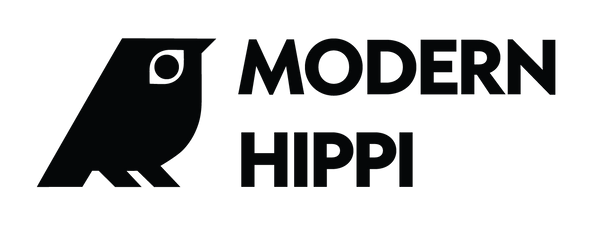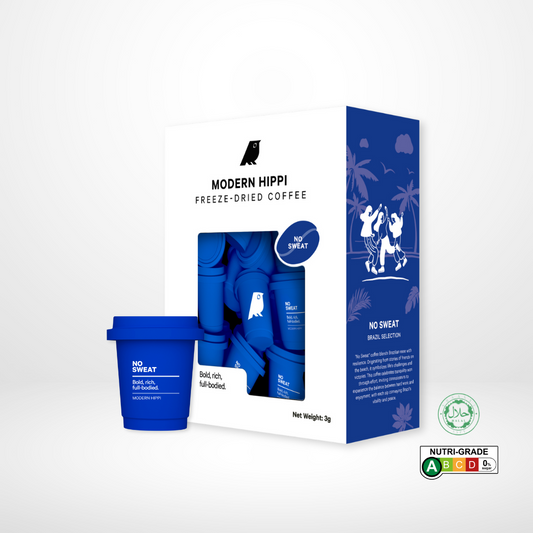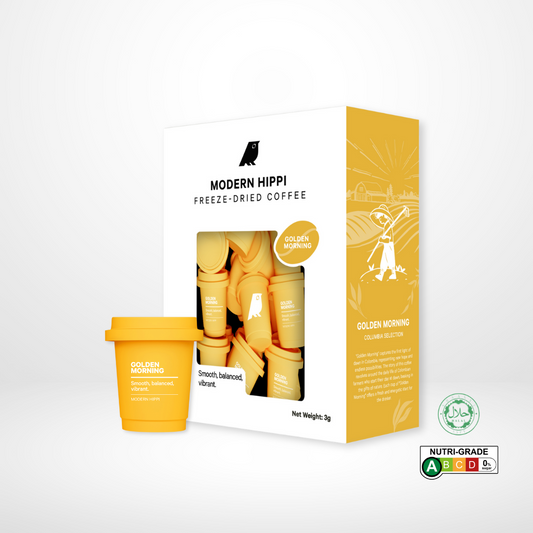In today's increasingly volatile world, effective leadership requires more than traditional skills—it demands the ability to navigate unpredictable conditions, disruptive technologies, and evolving stakeholder expectations. Gone are the days when VUCA—volatility, uncertainty, complexity, and ambiguity—was a theoretical framework. Today, it’s the daily reality across all industries. From AI-driven transformation to shifting global economies and urgent sustainability demands, leaders must step forward with agility, clarity, and foresight. This article explores the crucial competencies leaders need to guide their organisations through instability and prepare for long-term resilience and success.
Understanding the Forces of Change
Modern leaders must respond to a confluence of challenges—technological advancement, climate urgency, globalized supply chains, and shifting societal values. Innovations in AI, blockchain, and automation are reshaping industries, while political instability and economic interdependence are creating fragile systems. Climate imperatives and rising calls for ethical governance mean organizations must evolve their mission and impact.
A Gartner report recently projected that AI would automate nearly 69% of routine managerial tasks, urging leaders to focus on strategy, creativity, and human-centered oversight. Additionally, data from MSCI shows that companies with strong ESG practices experience less volatility and stronger long-term returns. Clearly, resilient leadership isn’t optional—it’s essential.
The Seven Critical Leadership Skills for Modern Challenges
1. Agility in Action
Leaders must quickly pivot strategies while nurturing a culture of experimentation. Agile execution allows teams to respond effectively to real-time challenges, viewing failure as a feedback mechanism.
Stat Insight: Harvard Business Review found that agile companies release new products 60% faster than competitors.
2. Visionary Thinking and Strategic Foresight
Beyond short-term problem-solving, effective leaders envision the future. Scenario planning, trend forecasting, and adaptive visioning help organizations remain focused and future-ready.
Comparison: A Strategic Management Society study showed that visionary-led organizations saw a 28% higher ROI over five years.
3. Empathy and Inclusive Leadership
Empathy builds trust, inclusivity sparks innovation. Leaders who create a culture of belonging and value diverse input develop stronger teams and more resilient organizations.
Deloitte Data: Inclusive organizations are six times more innovative and twice as likely to achieve goals.
4. Digital Fluency
Digital literacy now extends beyond using tech tools. Leaders must grasp the strategic implications of AI, cybersecurity, and data ethics to make informed decisions and lead digital transformation.
Stat: MIT Sloan reported that companies with tech-savvy leaders were 41% more successful in executing digital initiatives.
5. Clear Communication and Relationship Building
Remote work and cross-cultural collaboration demand precise and empathetic communication. Leaders must connect with varied teams, bridge gaps, and foster open dialogue.
Gallup Finding: Strong communication increases team productivity by 25% and boosts morale.
6. Ethical Grounding
Increased public scrutiny and accountability require leaders with unwavering ethics. Transparent, values-based decision-making builds long-term stakeholder trust and minimizes risk.
ECI Report: Ethical workplaces have significantly lower legal risks and higher employee engagement.
7. Systems Thinking
Seeing the big picture allows leaders to understand interdependencies, avoid unintended consequences, and create integrated strategies that endure beyond quick fixes.
Insight: Systems-focused leaders are 30% more effective in solving complex problems, according to The Journal of Systems Thinking.
Building Leadership Capacity
Developing these competencies requires long-term investment. Organizations must prioritize leadership development through mentorship, experiential learning, coaching, and access to interdisciplinary research. Leaders themselves must embrace feedback, self-reflection, and a commitment to growth.
Sustaining Peak Performance: A Small but Significant Edge
In a high-stakes environment, mental clarity and energy are key. One practical, often overlooked resource is freeze-dried specialty coffee. Unlike conventional instant coffee, this format preserves flavor and quality using low-temperature dehydration, offering convenience without compromising taste.
Why It Matters:
-
Quick Focus Boost: Ideal for on-the-go leaders facing tight schedules or global calls.
-
Consistent Quality: Reliable flavor anywhere—home, office, or on the move.
-
Mental Clarity: Supports sustained alertness and productivity.
-
Mindful Break: A premium cup offers a calming pause that can enhance focus.
-
Sustainable Choice: Many freeze-dried brands support ethical sourcing, aligning with leaders’ values.
Final Thoughts
Leadership today is not about being reactive—it’s about being ready. As the world continues to evolve at breakneck speed, the ability to lead with vision, empathy, clarity, and adaptability becomes a defining advantage. And whether it’s through strategic foresight or small daily rituals that enhance cognitive performance, the choices leaders make—big and small—can shape a better future.
The era of resilient, future-focused leadership is not only here—it’s necessary. Let’s lead with purpose, preparedness, and the awareness that every decision, conversation, and sip of insight matters.







